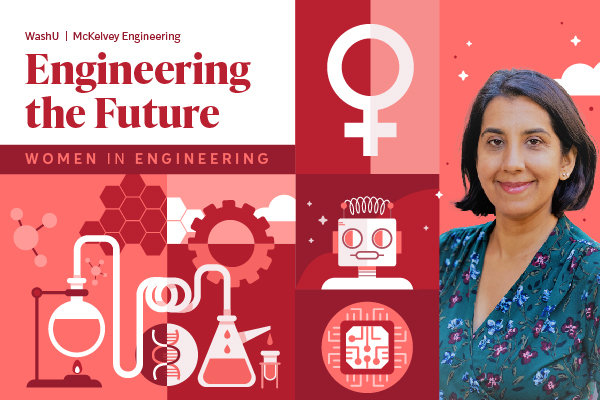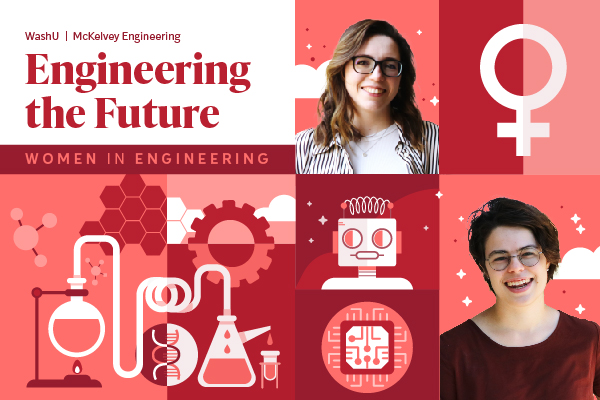Silva’s commitment to mentorship
Jon Silva creates welcoming environment inside and outside of his lab

Faculty mentors are instrumental in helping to guide students on their academic journeys. In his lab in the McKelvey School of Engineering at Washington University in St. Louis, Jon Silva, the Dennis & Barbara Kessler Career Development Associate Professor, has created an inclusive and welcoming environment both inside and outside of his lab through his commitment to mentorship and diversity.
As director of diversity for the Department of Biomedical Engineering, Silva oversees a committee of faculty, staff and students who work together to ensure all members of the biomedical engineering community are encouraged and welcome to participate in the educational, research and broader aspects of department and university life.
In addition to this role, Silva is a mentor in the Mentorship to Enhance Diversity in Academia Program. This program works to foster the careers of trainees who belong to diverse groups with support, resources, personalized guidance and engaging opportunities they need to become successful. Silva also led the inaugural Mentoring McKelvey Workshop in June 2021 to prepare faculty for mentoring graduate students. In collaboration with Jessica Wagenseil, vice dean for faculty advancement and professor of mechanical engineering & materials science, and Lori Setton, Lucy & Stanley Lopata Distinguished Professor of Biomedical Engineering and department chair , they helped more than a dozen McKelvey faculty to prepare mentoring statements consistent with their mentorship style and goals.
Inside the lab, Silva has established a Commitment to Mentorship, which includes seven pledges that illustrate the lab’s effort to help its students.
Lucy Woodbury, a doctoral student in the Silva Lab, says the Commitment to Mentorship has guided her own professional development as well as shaped how she mentors undergraduate students conducting research in the lab.
“It functions as a set of goals for us to achieve throughout the duration of my graduate studies,” Woodbury said. “In part, this has led me to apply for independent awards and fellowships and present at three national conferences, both of which have contributed to my research and career development.”
The Silva Lab has been a great fit for Woodbury, she said.
“Dr. Silva is also very concerned about my career after graduate school and thus making sure that I am aware of every opportunity I have to network and expand my research skills,” she said.



